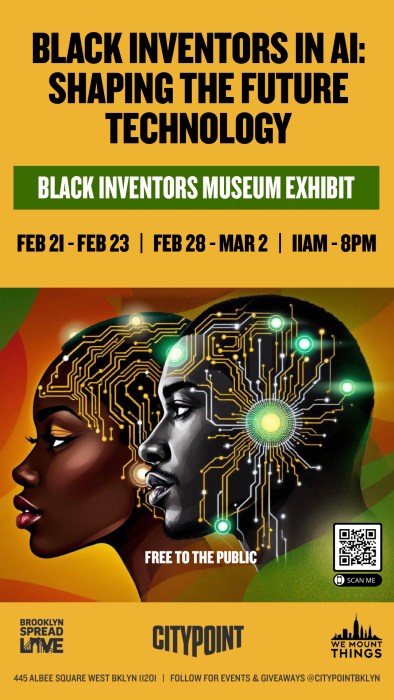When world leaders from over 100 countries wind up their three-day Rio+20 summit in Brazil next week, they will leave behind the shattered remains of a slew of proposals that never got off the ground.
A 30-billion-dollar Global Fund for Sustainable Development? A Financial Transactions Tax? A Sustainable Development Index? A Sustainable Development Council? A Global Fund for Education? A World Environment Organization? An Inter-governmental Body on Tax Matters?
The proposals originated from environmental activists, non-governmental organizations (NGOs), human rights groups, the U.N.’s NGO Committee on Financing for Development and a High-Level Panel on Global Sustainability.
After continued stalemate – over issues relating mostly to financing and technology transfers – the 193-member Preparatory Committee (PrepCom) failed to reach agreement Friday on a blueprint for a green economy and sustainable development worldwide.
A consolidated document produced by Brazil, in its capacity as president of the summit (also known as the U.N. Conference on Sustainable Development), is likely to be the final action plan titled “The Future We Want” to be endorsed by world leaders when they arrive in Rio Jun. 20.
The proposals, including the strengthening and upgrading of the U.N. Environment Program (UNEP) in Nairobi to a full-fledged U.N. agency, are conditional on General Assembly approval.
On the creation of a new set of Sustainable Development Goals (SDGs), also to be created by the General Assembly, the action plan warns “the development of these goals should not divert focus or effort from the achievement of the Millennium Development Goals (MDGs).”
The target to achieve MDGs, including the reduction of extreme poverty and hunger by half, is the year 2015. The time frame for SDGs is expected to begin 2015 as an immediate follow up to MDGs.
Asked for specifics, Secretary-General Ban Ki-moon told reporters, “It’s very difficult for me to say anything which may give the impression that I am prejudging any future decision by member states.
“We have eight MDGs, and whether it will be five, seven, eight or 10 goals for sustainable development, that is now still under consideration,” Ban said.
“How are these SDGs to be achieved?” he asked, and pointed out that the United Nations needs institutional tools to help implement these goals.
process, under the General Assembly, to propose options on an effective Sustainable Development Financing Strategy to facilitate the mobilisation of resources.
*This story was originally published by IPS TerraViva.























